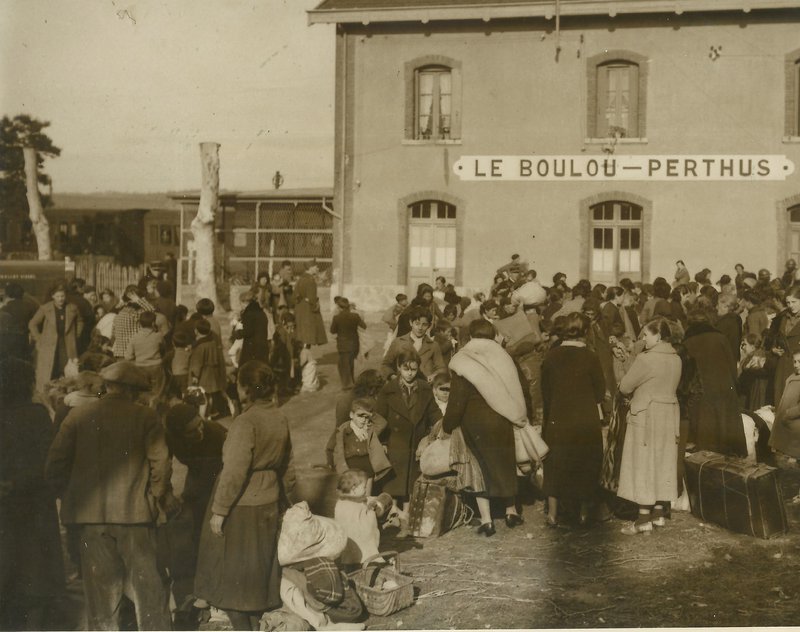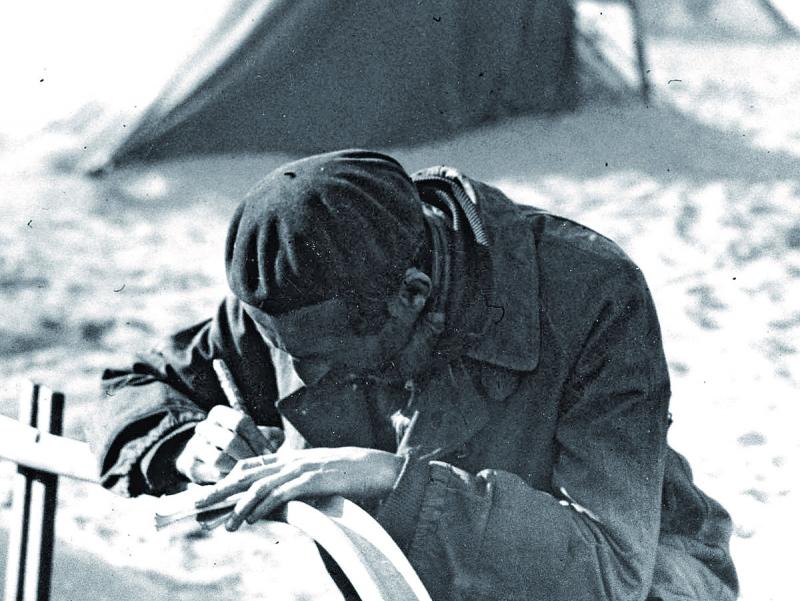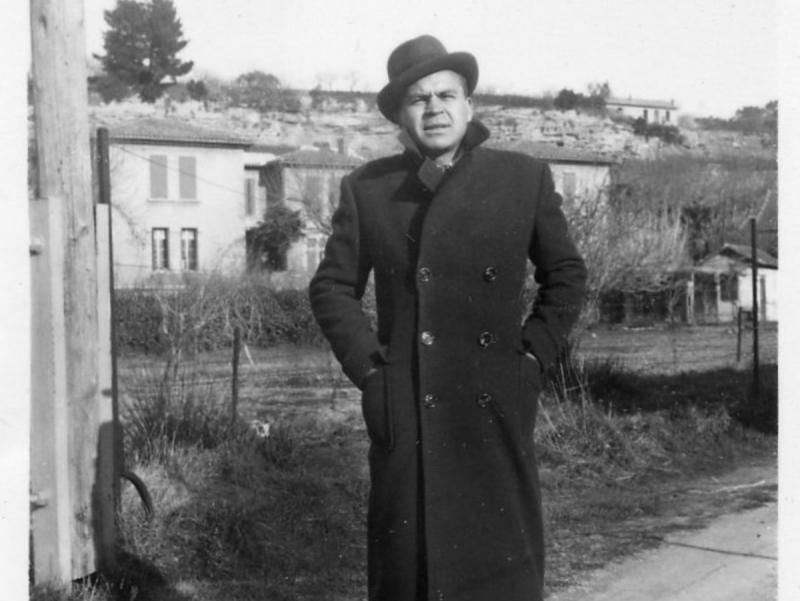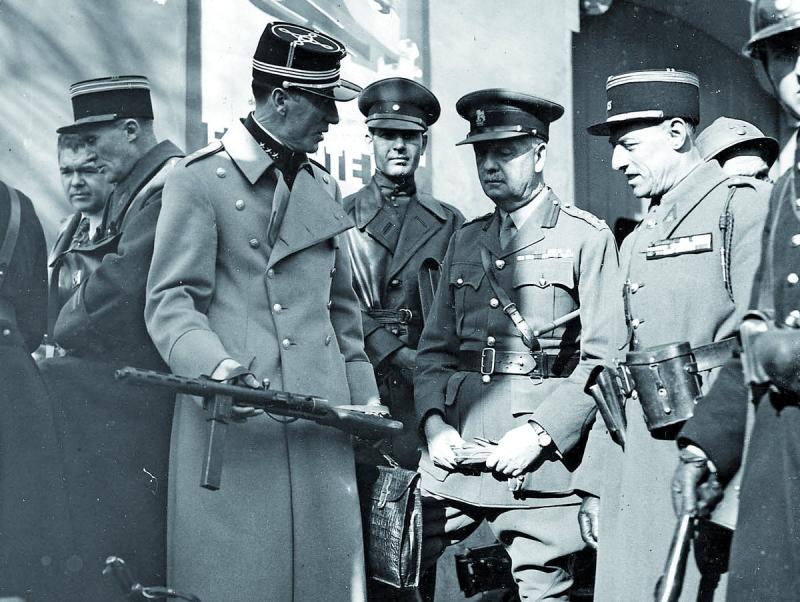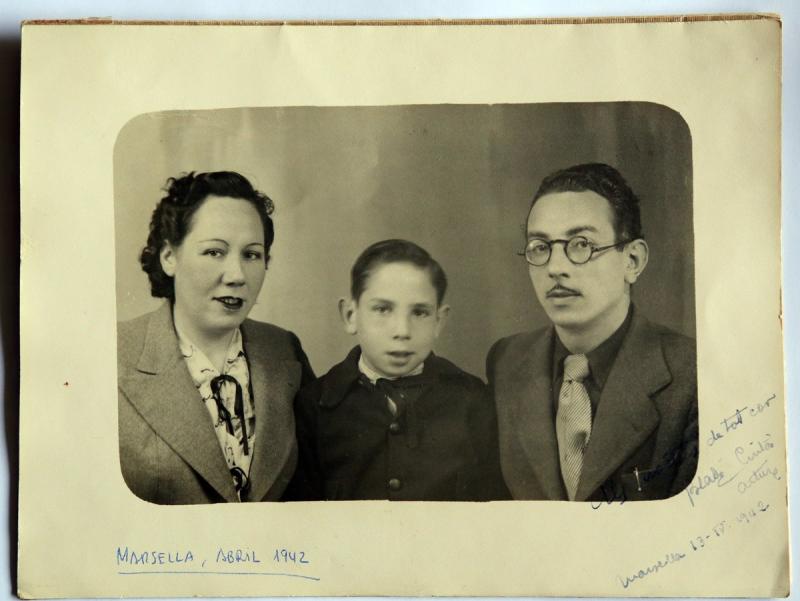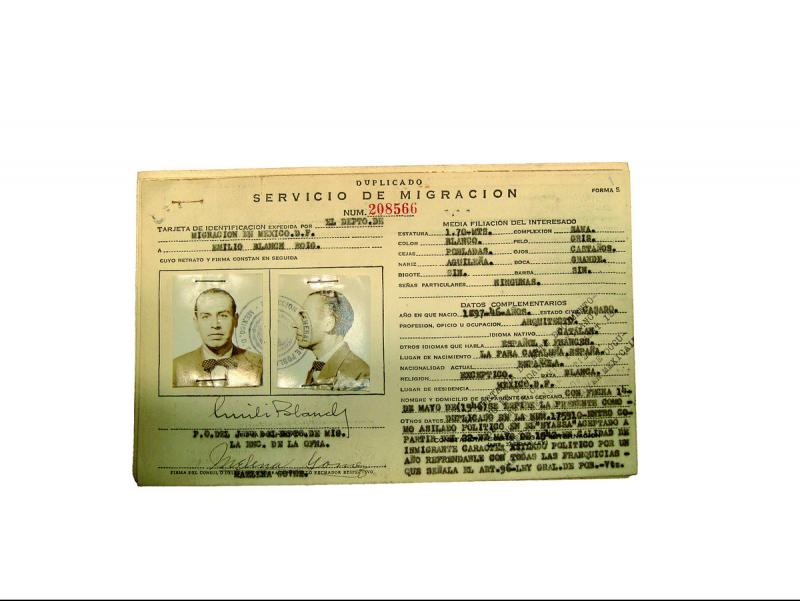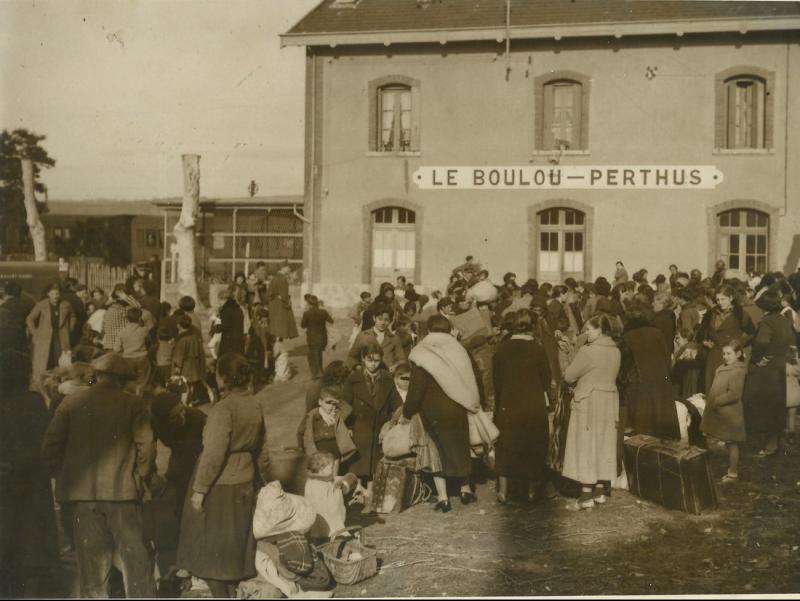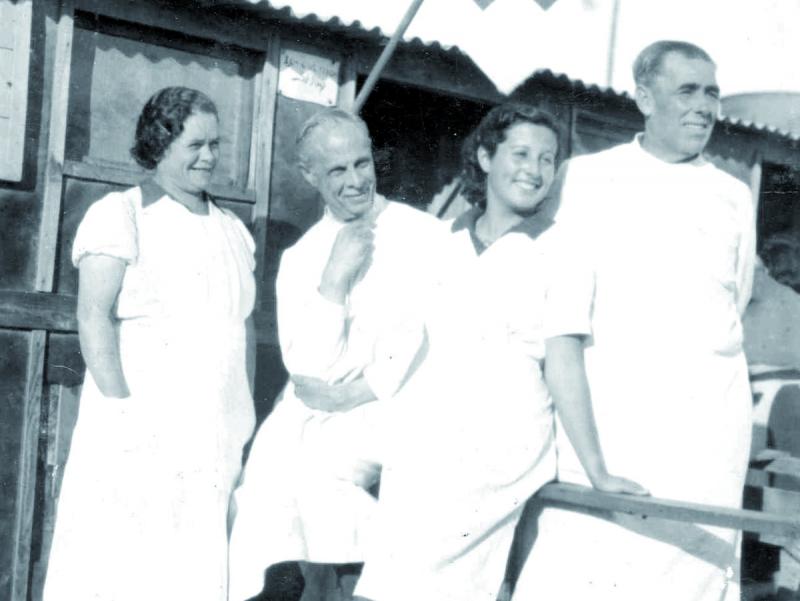Carme Casas i Godessart
“I was hoping to find a welcoming land, a safe place to stop and rest, far from the reach of the fascists. A nice place that would compensate for the loss of my parents, as I did not know where they were or whether I’d ever see them again. France was ideal, a sort of paradise of good food where we would find warm clothes and beds to sleep in without being awakened by the sound of air raid sirens. However, on getting to Cervera station, I was greeted by a large crowd of people, with packages and suitcases, with women crying, old people crying, and children and men also crying. And those stacks of weapons that were taken from the soldiers, with families then separated, men on one side, women and children on the other, and all those scenes of disdain and mistreatment by the gendarmerie and French army. I felt all those blows from rifle butts when they wanted us to move faster, and the shouts of “Allez, allez”, which was the only thing they said.”

